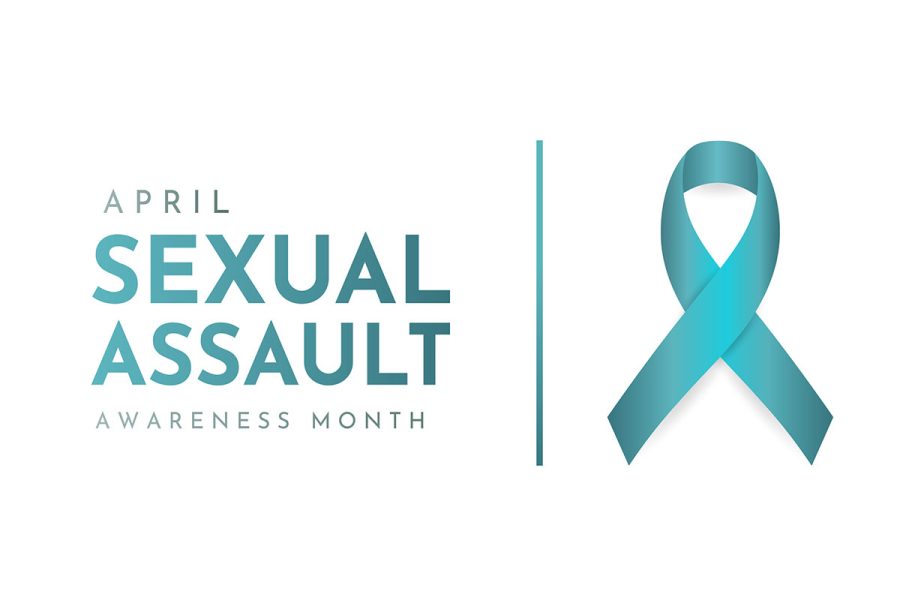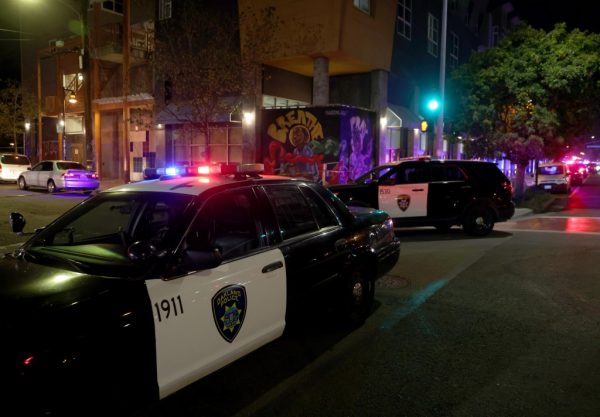Taking a Stand Against Sexual Assault
April 29, 2022
Sexual Assault Awareness Month is honored each April, raising awareness and delivering information on sexual assault. Every 68 seconds in the U.S., a sexual assault occurs, and every nine minutes, a child becomes a victim, according to RAINN (Rape, Abuse & Incest National Network).
As society shifts to bring this matter to the forefront of social issues, with hashtags like #MeToo, the workplace requires a paradigm shift to ensure safety for all, not just some.
“Sexual harassment is increasingly being recognized, but serious negative consequences exist when it is not addressed,” explained Dr. Dawna Komorosky, a professor in the Department of Criminal Justice at California State University, East Bay, adding “women [are] more [likely] than men [to] report sexual harassment in the workplace, which can lead to depression, anxiety, and even physical illness from prolonged stress,” Komorosky added.
The prolonged stress further impacts a worker’s ability to concentrate and work productivity. Over 433,600 Americans ages 12 and up are sexually attacked or raped each year, with 60,000 minors being victims of proven or indicated sexual abuse, according to RAINN.
“Sexual harassment and sexual assault are fundamentally dehumanizing behaviors. They can occur in any domain of our lives —when we’re in classes, at work, even walking down the street,” said Dr. Negin Toosi, a professor in the Department of Psychology at CSUEB. “It’s vitally important that we talk about these issues and raise awareness, so we know what actions to avoid and what methods of interaction are healthy and humanizing.”
Given the vast number of sexual assault victims in the U.S. each year, it is likely that you know a sexual assault victim. Due to this, it’s crucial to know how to react when a friend or relative reveals abuse.
“Whenever someone is experiencing or sharing their experience with gendered violence, it’s important that we remember that most people have a memory of being devalued, marginalized, or not respected,” said Leah Kimble-Price, Executive Director of Bay Area Women Against Rape.
“Tapping into how we have felt during those moments can help us stay compassionate and person-centered. Most of us don’t want to be saved or spoken for; we want true advocacy, which means creating opportunities to access our internal sense of power and agency.”
The stigma of sexual assault keeps many survivors silent about their abuse, making rape one of the most underreported violent crimes.
“Due to imperialism and white supremacy, many cultures and communities do not have indigenous language or idioms for what we commonly understand as ‘sexual assault,’ and we downplay the violence we experience because the resources available do not align with our values and ways of life,” said Kimble-Price.
Interpersonal violence against a weaker partner is a common occurrence, either perceived or actual. Sexual violence is a profoundly negative and painful life event with far-reaching psychological and societal consequences for the victim, regardless of gender.
“Gendered violence is not about sex; it is about control, and fighting against oppression is something people of the global majority understand. When we speak about our work in these terms, we find even more allies in the gender justice movement.”

















